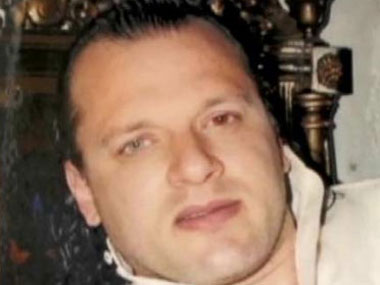The Indian government may have wilfully misled the public about the extent of counter-terrorism cooperation it was securing from the US, and even its effort to secure the extradition of David Coleman Headley, a conspirator in the November 2008 Mumbai terror attacks, may have been an elaborate charade, WikiLeaks documents have revealed. The sensational revelations have been made in a cable from the US embassy in New Delhi citing a December 2009 telephone conversation between US Ambassador Timothy Roemer and then National Security Advisor M.K. Narayanan. During that conversation, the cable notes, Roemer pressed Narayanan “for his commitment on behalf of the Indian government not to request Headley’s extradition.” [caption id=“attachment_16540” align=“alignleft” width=“380” caption=“The latest WikiLeaks cable has blown the lid off the government’s non-serious effort to secure David Headley’s extradition. Screen grab from IBN Live”]  [/caption] Narayanan responded that it was “difficult not to be seen making the effort”, but the government was not “at this time” seeking the extradition of Headley, a Lashkar-e-Taiba operative who undertook a reconnaissance mission in Mumbai ahead of the terrorist attacks. The cable also outlined Roemer’s justification for seeking such a commitment from Narayanan. “(Roemer) explained that the threat of extradition to India could cause Headley’s cooperation to dry up,” the cable noted. “Allowing the US judicial process to unfold or securing a plea agreement that both reflects his overall culpability and ensures his continued cooperation would maximise our ability to obtain further information from Headley,” Roemer added. “In any case, the extradition treaty’s prohibition on an individual being extradited to face trial for the same conduct or offense might be an obstacle to extradition. Furthermore, if Headley were convicted, an extradition request by India would not be considered until his sentence in the US was fully served, which could be decades, if ever,” the cable quoted Roemer as saying. Narayanan responded by saying that it was “difficult not to be seen making the effort,” but that the government was not seeking extradition “ at this time.” He added that the Indian government would be “in the hot seat” if it were seen as pre-emptively relinquishing extradition. However, Narayanan on Sunday denied the WikiLeaks account of that conversation and asserted that India is “serious about securing Headley’s extradition. “There is no question about the fact that we are serious about his extradition,” Narayanan said on Sunday, reports PTI. He, however, declined to comment on the communication between US officials. Narayanan, a former head of the Intelligenc Bureau, denied the WikiLeaks account that suggested that the Indian request for Headley’s extradition was mere political posturing. The Indian government, he said, had the “right intentions” to being Headley to India. Strategic affairs analyst B. Raman noted that the government may have been “knowingly misleading” Indian public about the extent of counter-terrorism cooperation it was securing from the US. It was clear from the beginning that Headley’s extradition was out of the question because of law about double jeopardy, but instead of admitting this to the public, an impression was sought to be given that extradition was possible, he added.
A sensational WikiLeaks cable appears to establish that the Indian government was never serious about its effort to secure David Headley’s extradition.
Advertisement
End of Article


)
)
)
)
)
)
)
)
)



